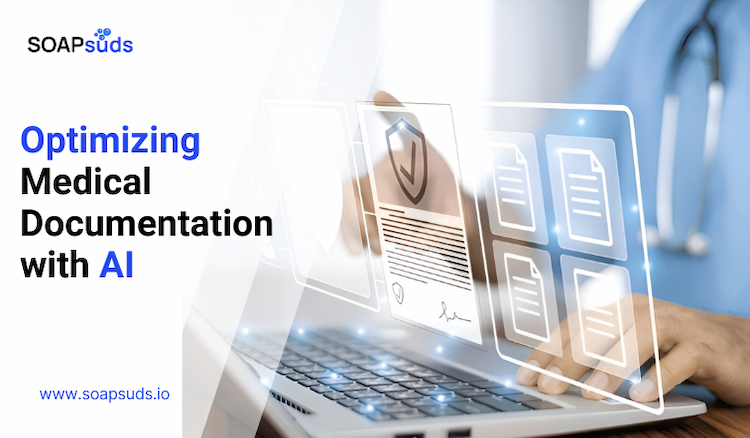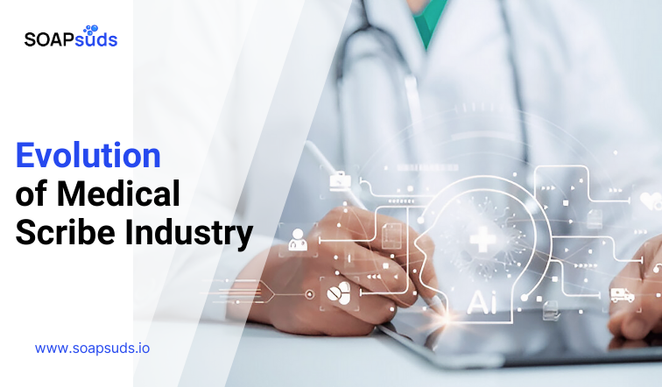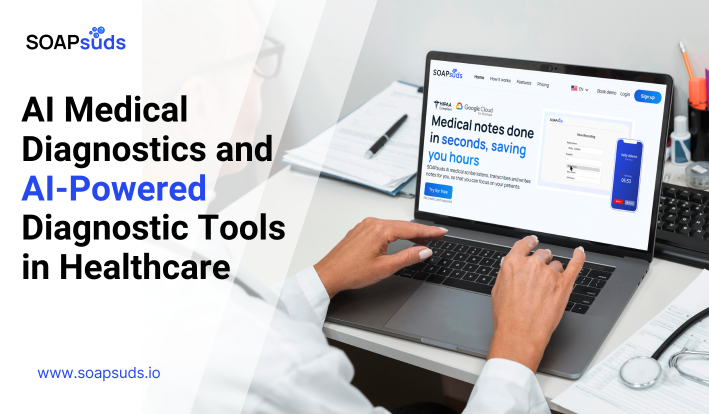Is AI Taking Over the Traditional Medical Scribe Jobs
SOAPsuds team
Published: 12/12/2024
SOAPsuds team
Published: 12/12/2024

The U.S. healthcare industry, valued at $4 trillion in 2021, is projected to surpass...

In 2009, the Obama administration introduced the HITECH Act, which significantly increased the use of...

In the medical field, accurate documentation is crucial for patient care and legal purposes. Two...

Artificial Intelligence (AI) in medical diagnosis involves using computational techniques and machine learning models to...

Artificial intelligence is changing medical documentation, helping healthcare workers keep patient records organized and reduce...

In healthcare, ongoing technological advancements and growing knowledge continuously reshape the environment. For many...
Clinical Notes
SOAP notes
DAP notes
AI medical notes